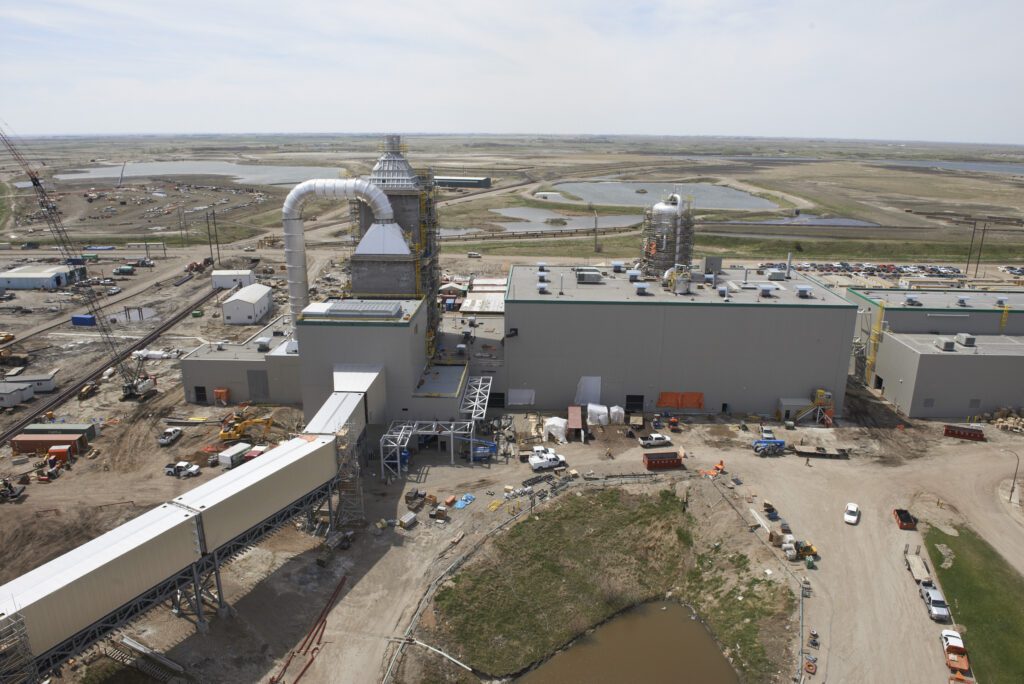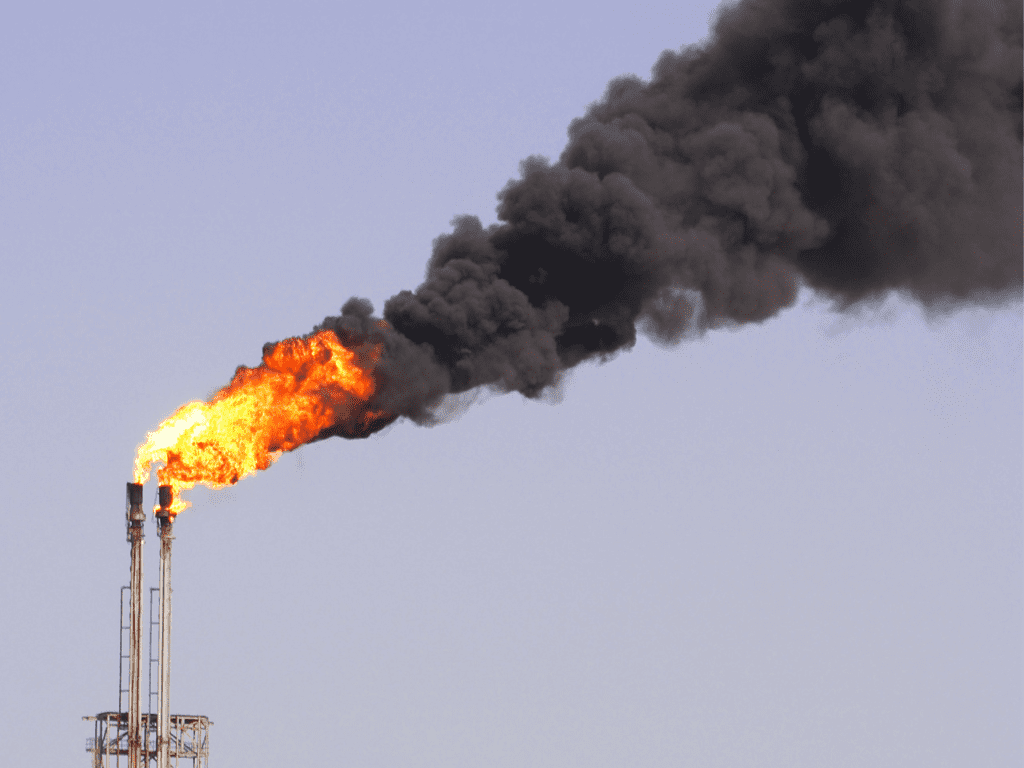Statement from Aly Hyder Ali, Federal Climate Program Manager, Environmental Defence
Ottawa | Traditional, unceded territory of the Algonquin Anishinaabeg People – Today’s report from the International Energy Agency (IEA) shows the urgent need for Canada to implement strong new regulations to cap emissions from the oil and gas sector. In fact, the IEA is calling for a 60 per cent reduction in oil and gas emissions by 2030, a target significantly higher than the current goals set by the federal government.
The report outlines the shrinking role of the oil and gas industry in a future aligned with maintaining a 1.5 degree climate-safe threshold. The current global shift towards renewable energy is already set to cause demand for fossil fuels to peak and decline this decade; however, this is just the beginning. As countries continue to implement policies and climate plans in pursuit of a 1.5 aligned future – the demand for oil and gas will fall by 75 per cent by 2050.
This report shows that the oil and gas industry has a very bleak future if the world is successful in avoiding the worst of the climate catastrophes. Of course, the oil and gas industry is banking on countries to miss their targets. Instead of investing in alternatives to fossil fuels, they use their vast resources to misinform the public and lobby governments to fund their false solutions like carbon capture and storage (CCS).
The IEA warns that oil and gas companies cannot be allowed to use CCS to maintain the status quo. CCS is an expensive and unproven technology that is being used by oil and gas companies to justify ongoing production.
Governments, including in Canada, must not be fooled by the oil and gas industry’s façade. Time and time again, the industry has shown that it is unwilling to voluntarily reduce its own emissions. This is why it is essential that the federal government implements strong regulations to enforce reductions in emissions in line with its own climate targets.
The Government of Canada must come to the realization that the oil and gas industry and climate action are like fire and water – they do not mix. The federal government has a responsibility to protect the interests of the public and to hold the oil and gas industry accountable for its pollution. The upcoming oil and gas emissions cap is a clear opportunity to do just that; however, it is a policy that has been marred in delays for over two years.
With COP28 just days away, the Government of Canada cannot afford to wait any longer to announce its plans to reduce emissions from its most polluting industry. Canada has the opportunity to show leadership on a global stage in the fight against climate change, but only if it releases the framework on emissions cap, with a clear 2030 target, before COP. Going to COP28 empty handed would be a tremendous hit to Canada’s international climate reputation.
Key Findings from the Report:
- Oil and gas producers account for only 1 per cent of total clean energy investment globally.
- Current global investment in fossil fuels (USD 800 billion) needs to be halved to match declining demand in a 1.5 aligned world.
- CCS would require an annual investment of USD 3.2 trillion from today until 2050 to capture enough carbon in current projections.
ABOUT ENVIRONMENTAL DEFENCE (environmentaldefence.ca): Environmental Defence is a leading Canadian environmental advocacy organization that works with government, industry and individuals to defend clean water, a safe climate and healthy communities.
– 30 –
For more information or to request an interview, please contact:
Daniella Zanchi, Environmental Defence, media@environmentaldefence.ca





